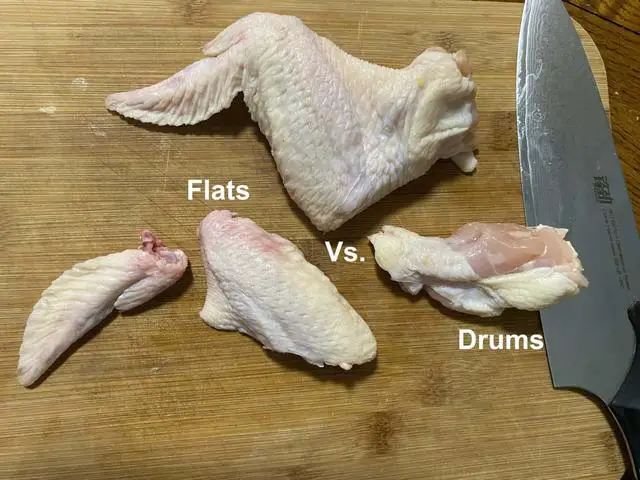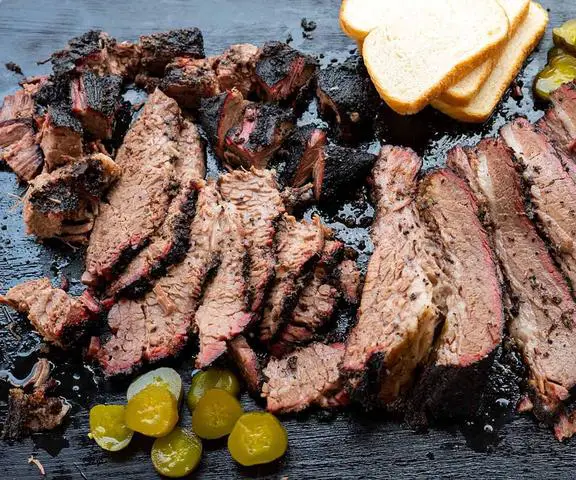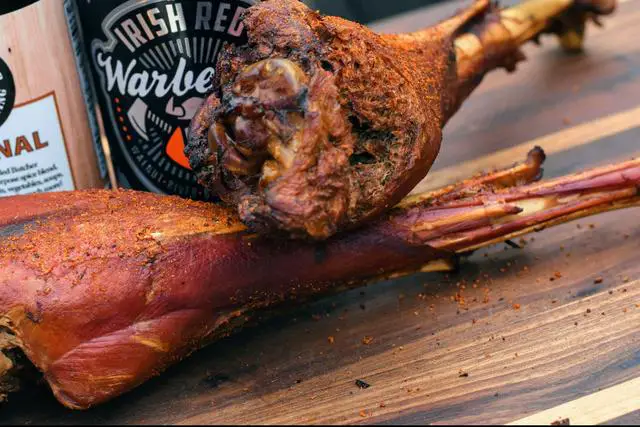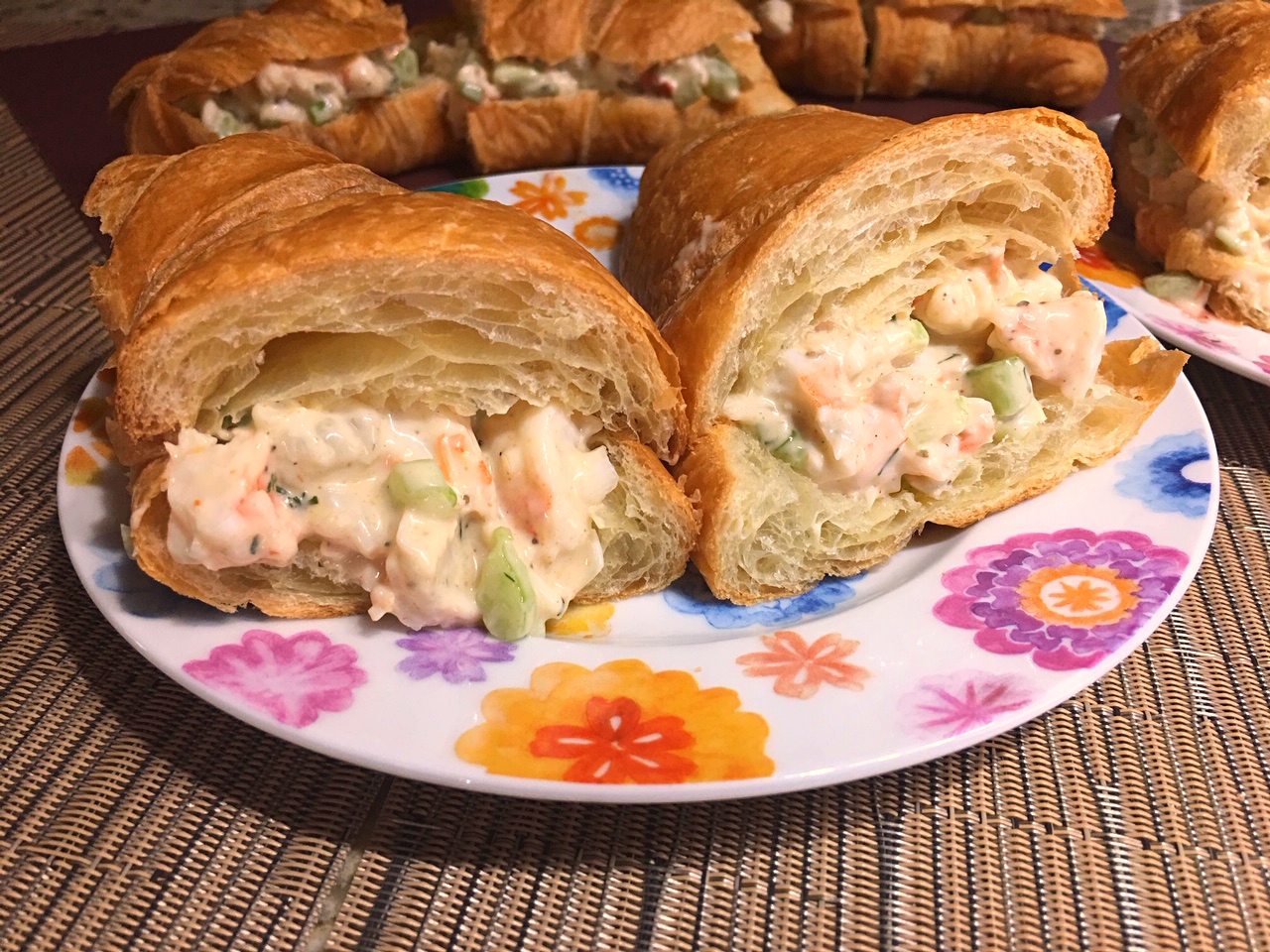
Discover the authentic flavors of Louisiana with our homemade Cajun seasoning. Bursting with a perfect blend of aromatic spices, this handcrafted mix will elevate any dish to new levels of deliciousness. Add a touch of Southern charm to your cooking and let the Cajun magic unfold on your taste buds.
Homemade Cajun Seasoning
This homemade Cajun seasoning is a spicy and savory blend that adds tremendous flavor to any dish. It can be used as a rub for meats, added to pasta sauces, sprinkled over salads, or used to boost the flavor of soups. The key to a good Cajun seasoning is balance, with a combination of spices that come together as one cohesive blend.
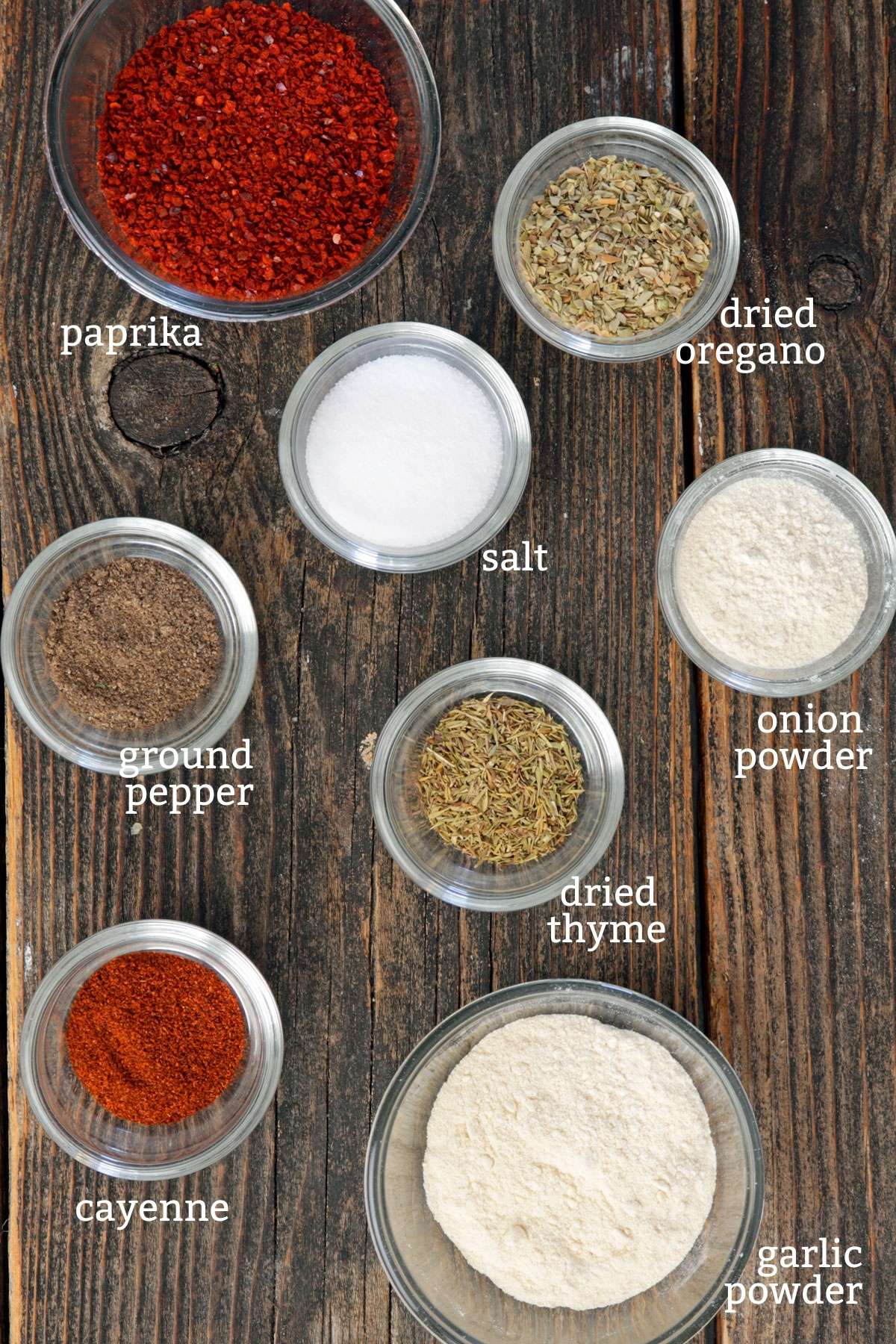
Cajun seasoning is a blend of spices that originated in Louisiana, particularly in the southwestern corner of the state where Cajun culture is most concentrated. There isn’t just one recipe for Cajun seasoning, as it often gets passed down through generations or adjusted to meet specific recipe requirements. Some versions are incredibly spicy hot, while others are mild. The primary source of heat in Cajun spices is cayenne pepper, which can add a great amount of heat when added in larger quantities.
The biggest difference between Cajun and Creole seasoning lies in the culture they come from. Cajun spices focus more on peppers and heat, while Creole spices focus more on herbs like oregano, bay leaves, and thyme. The level of heat in a dish depends greatly on the amount and type of pepper used.
What is Cajun Seasoning?
Cajun seasoning is a blend of spices that originated in Louisiana, particularly in the southwestern corner of the state where Cajun culture is most concentrated. It is known for its bold and flavorful profile, with a focus on peppers and heat. Some common ingredients found in Cajun seasoning include cayenne pepper, paprika, black pepper, and various other herbs and spices. The level of heat in a dish seasoned with Cajun seasoning can vary depending on the amount and type of pepper used.
One key aspect of Cajun seasoning is balance. With so many different spices being added, it’s important to achieve a harmonious blend where all the flavors come together seamlessly. While there isn’t just one definitive recipe for Cajun seasoning, it often gets passed down through generations or adjusted to meet specific recipe requirements. Some versions can be incredibly spicy hot, while others are milder. Salt may or may not be included in the mix.
Cajun seasoning can be used in a variety of dishes to add flavor and spice. It works well as a rub for meats, can be added to pasta sauces or sprinkled over salads. It can even be mixed with mayonnaise to create a Cajun salad dressing or added to soups for an extra boost of flavor. The possibilities are endless.
Making your own Cajun seasoning at home allows you to customize the level of spiciness and flavor according to your preference. It also allows you to have a preservative-free and additive-free seasoning on hand whenever you need it. Storing the homemade Cajun seasoning in an airtight container will help preserve its flavor and aroma for up to a year or two.
Overall, Cajun seasoning is a versatile spice blend that adds tremendous flavor to any dish it’s added to. Its unique combination of spices and peppers makes it distinctively delicious and a staple in Louisiana cuisine.
How Hot Is It?

Cajun seasoning can vary in spiciness, depending on the amount of cayenne pepper and paprika used. This homemade Cajun seasoning falls somewhere between mild and medium spiciness. Cayenne pepper is the primary source of heat in Cajun spices, and when added in larger quantities, it can add a great amount of heat to the seasoning. Paprika can also contribute to the spiciness, but it depends on the type used. Basic paprika sold in the U.S. is generally not spicy, but there are varying degrees of spiciness to paprika depending on the type. Black pepper is also added in moderation to add some spiciness to the blend, but it’s not overpowering to the other flavors. If you prefer less spiciness, you can leave out the cayenne and replace it with additional paprika.
The level of heat in Cajun dishes depends greatly on the amount and type of peppers used. While cayenne pepper can be quite spicy, it’s not a required level of spice in every dish.
Overall, this homemade Cajun seasoning offers a good balance of flavors without being overly hot or spicy. It adds tremendous flavor to any dish without overwhelming the taste buds.
Why Make Cajun Seasoning at Home?
Making Cajun seasoning at home has several advantages. First, it can save you money. Store-bought Cajun seasoning can be quite expensive, especially if you use it frequently. By making your own, you can buy bulk herbs and spices at a lower cost.
Second, making your own Cajun seasoning allows you to adjust the heat and flavor according to your preferences. Some store-bought versions may be too spicy or not well balanced for your taste. By making it at home, you have complete control over the ingredients and can customize it to suit your palate.
Lastly, homemade Cajun seasoning is fresher and more flavorful. Store-bought seasonings often sit on the shelves for a long time, losing their potency and aroma. When you make it yourself, you can ensure that the spices are fresh, resulting in a more robust and delicious blend.
Overall, making Cajun seasoning at home is a convenient and cost-effective way to enhance the flavor of your dishes while maintaining control over the ingredients.
How to Store Homemade Seasoning
Homemade seasoning can be stored in an airtight container for a long period of time, up to a year or two. It is important to keep the seasoning in an airtight container to prevent exposure to air, which can cause it to lose its flavor and aroma over time. It is recommended to use containers specifically designed for storing spices, such as spice jars or shakers, as they provide better protection from air and moisture.
To store homemade seasoning, simply transfer it into the chosen container and make sure it is tightly sealed. It is also helpful to label the container with the name and date of the seasoning blend, especially if you have multiple homemade seasonings in your pantry. This will make it easier to identify and use the correct blend when needed.
Store the container in a cool, dry place away from direct sunlight and heat sources. Avoid placing it near the stove or oven, as heat can affect the quality of the spices. With proper storage, homemade seasoning can retain its flavor and aroma for an extended period of time.
Try a Seasoning Bottle!
If you’re looking for a convenient way to store and use your homemade Cajun seasoning, consider using a seasoning bottle. These containers are perfect for keeping your spices fresh and easily accessible. You can mix up a big batch of seasoning and have it on hand whenever you need it.
A seasoning bottle is especially useful when using dry rubs for meats. It allows you to sprinkle the seasoning evenly over the meat without contaminating the rest of the blend. Having multiple bottles also allows you to have different spice blends ready to go for various dishes.
Investing in good quality seasoning bottles will ensure that your spices stay fresh and flavorful for longer periods of time. Look for bottles that are airtight and made from materials that won’t absorb flavors or odors.
What is the difference between Creole seasoning and Cajun seasoning?
Cajun seasoning and Creole seasoning are both popular spice blends that originated in Louisiana, but they have distinct differences in their flavors and ingredients. Cajun seasoning is known for its spicy and savory flavors, while Creole seasoning tends to focus more on herbs and a milder flavor profile.
Cajun seasoning typically includes ingredients such as cayenne pepper, paprika, black pepper, garlic powder, onion powder, and thyme. These spices give it a bold and fiery taste. It is often used as a rub for meats or added to dishes like pasta sauces, soups, and salads to add depth of flavor.
On the other hand, Creole seasoning typically includes herbs like oregano, bay leaves, thyme, basil, and parsley. It may also contain spices like paprika, garlic powder, onion powder, and cayenne pepper for a hint of heat. Creole seasoning is commonly used in dishes like gumbo or jambalaya to enhance the flavors of vegetables and seafood.
The level of heat in both Cajun and Creole seasonings can vary depending on the amount of cayenne pepper or other spicy ingredients used. While Cajun seasoning is generally spicier due to the higher proportion of peppers and spices with heat elements like cayenne pepper and black pepper, Creole seasoning tends to be milder with a focus on aromatic herbs.
Overall, the main difference between Cajun and Creole seasonings lies in their flavor profiles – Cajun being spicier with bold flavors from peppers and spices, while Creole leans towards milder flavors with emphasis on herbs. Both seasonings can add tremendous flavor to a wide variety of dishes when used appropriately.
Is Cajun food spicy?
Cajun food is known for its spicy flavors. The Cajun seasoning used in Cajun cuisine typically includes spices like cayenne pepper, paprika, and black pepper, which add heat to dishes. However, the level of spiciness can vary depending on personal preference and the recipe being used. Some Cajun dishes may be milder in spice, while others can be quite hot. It’s important to find the right balance of spices to achieve the desired level of spiciness in Cajun cooking.
How long will homemade Cajun seasoning last?
Homemade Cajun seasoning can last for a very long time if stored properly. When stored in an airtight container, it can retain its flavor and aroma for up to a year or two. However, if the seasoning is stored in a loose container that is exposed to air, it will begin to lose its robustness after a few weeks. To ensure the longest shelf life, it’s best to store the homemade Cajun seasoning in an airtight container in a cool and dry place. This way, you can always have it on hand whenever you need to add some Cajun flavor to your dishes.
In conclusion, homemade Cajun seasoning offers a flavorful and customizable alternative to store-bought options. By combining a few simple ingredients, you can create a versatile spice blend that adds authentic Cajun taste to your dishes. With its bold and zesty flavors, homemade Cajun seasoning is sure to elevate your cooking experience and impress your taste buds.
Learn More About Grilling
If you want to learn more about grilling, check out these other helpful resources!

